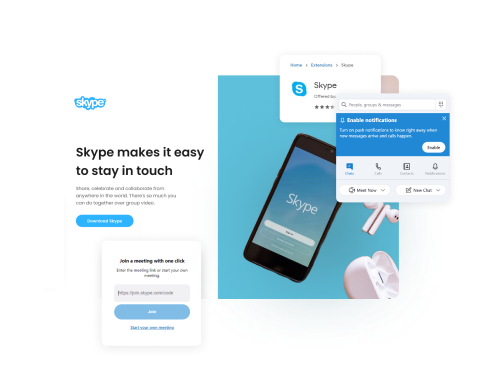Compatibility Testing for a Game Anti-Piracy Technology
Thorough compatibility testing for game protection software across multiple Windows environments.
About Project
Solution
Compatibility testing, Failover testing, Recovery testing, System testing
Technologies
Windows OS (7/8/10/Server), ShareX, Odoo, FTP
Country
United States
Industry
Client
Our client is a software company focused on protecting gaming industry revenues through innovative anti-piracy solutions. They develop specialized software that prevents unauthorized game copying and distribution. It helps game developers and publishers protect their intellectual property and maintain profitability in a market where piracy causes significant revenue losses.
Project overview
Struggling with software compatibility across platforms? Let’s ensure your product works flawlessly everywhere.
Before
- Unknown performance across various OS versions
- Potential compatibility issues with different hardware setups
- Data recovery concerns during system failures
After
- Verified compatibility across 150+ Windows configurations
- Stable performance on all tested platforms
- Reliable data protection during system failures
Project Duration
18+ months (ongoing)
Team Composition
4 QA Engineers
1 Project Manager
2 Admins
Challenge
Piracy is a significant challenge in gaming industry, impacting revenue streams for developers worldwide. Our client developed an anti-piracy solution and needed to validate its compatibility and performance across a wide variety of devices and OS configurations. The challenge was to ensure flawless operation of the software on different Windows versions and platforms, including ensuring data protection in case of system failures.
Our team was responsible for extensive compatibility testing, using a broad range of devices to capture every possible performance variance. We needed to provide our client with assurance that their anti-piracy tool would be stable, responsive, and adaptable across all intended environments.
Solutions
Thorough documentation review. We began by meticulously analyzing the project documentation and gathering all necessary requirements to ensure a complete understanding of the testing scope.
Extensive device testing. We utilized between 150 and 180 devices running Windows 7, 8, 10, and Windows Server to conduct thorough compatibility tests. This broad range of hardware and software configurations allowed us to identify potential issues across different platforms.
Compatibility testing. As the primary focus, we performed extensive compatibility tests to verify the software’s performance across various hardware and OS combinations1.
Failover and recovery testing. To ensure data integrity, we conducted failover and recovery tests, simulating system failures to verify that no valuable information was lost during such events.
Detailed reporting. Our team created comprehensive test reports documenting any issues, inconsistencies, or performance anomalies encountered during testing.
Technologies
To ensure seamless compatibility and robust testing across diverse systems, we used a mix of debugging, data handling, and cross-platform testing tools. This setup allowed us to manage large-scale device testing and configuration adjustments efficiently.
- Windows OS (7/8/10/Server)
- ShareX
- Odoo
- FTP
- Multiple hardware configurations
Types of testing
System testing
Validated overall software functionality across platforms.
Compatibility testing
Checked system behavior during various failure scenarios.
Recovery testing
Ensured data protection and system recovery capabilities.
Failover testing
Checked system behavior during various failure scenarios.
Results
Our rigorous testing efforts yielded a stable, reliable anti-piracy solution compatible with a vast range of hardware and OS environments. With our compatibility assurance, the software operates smoothly on multiple platforms, supporting the client’s goal to reduce piracy impact in the gaming sector.

Windows configurations tested

Successful verification across 4 Windows OS versions

Continuous quality assurance for product updates

Zero critical compatibility issues in production
We understand the complexities of cross-platform compatibility
Let our QA specialists stabilize and secure your application’s performance.
Bruce Mason
Delivery Director


